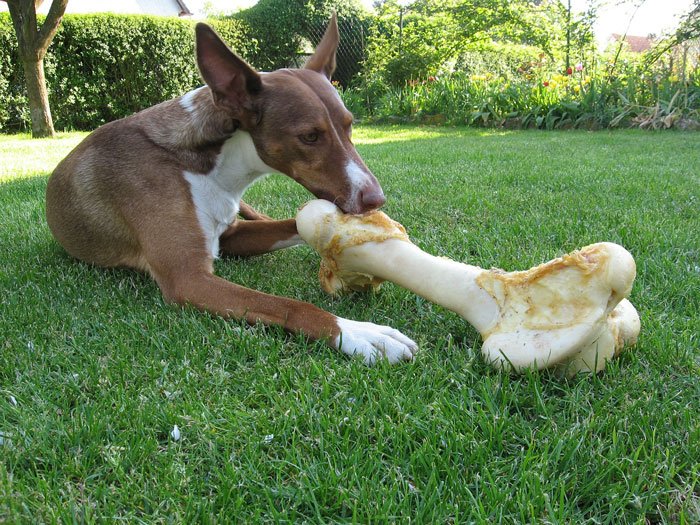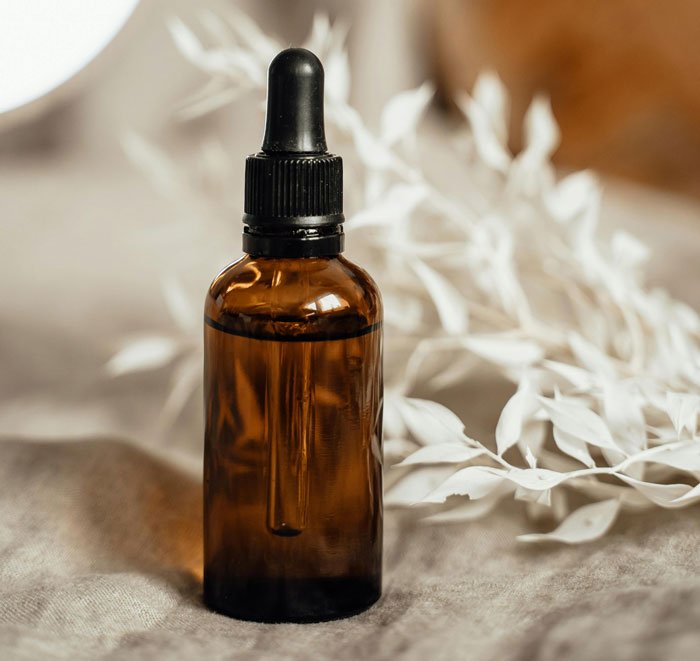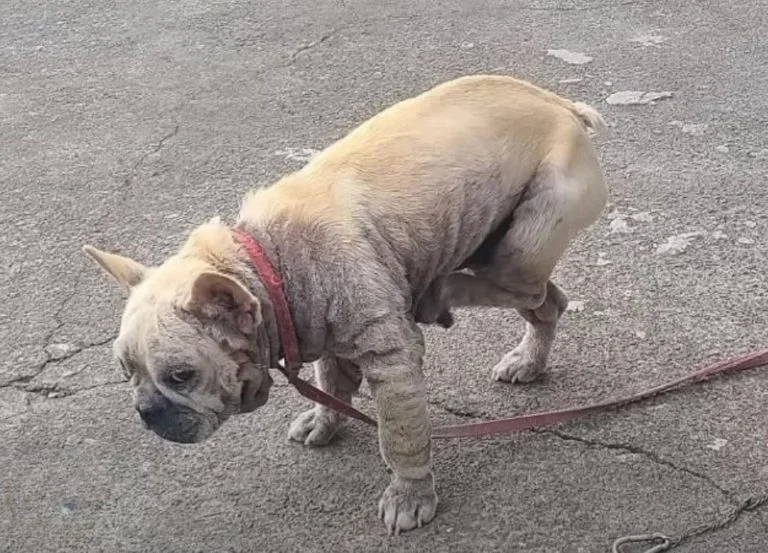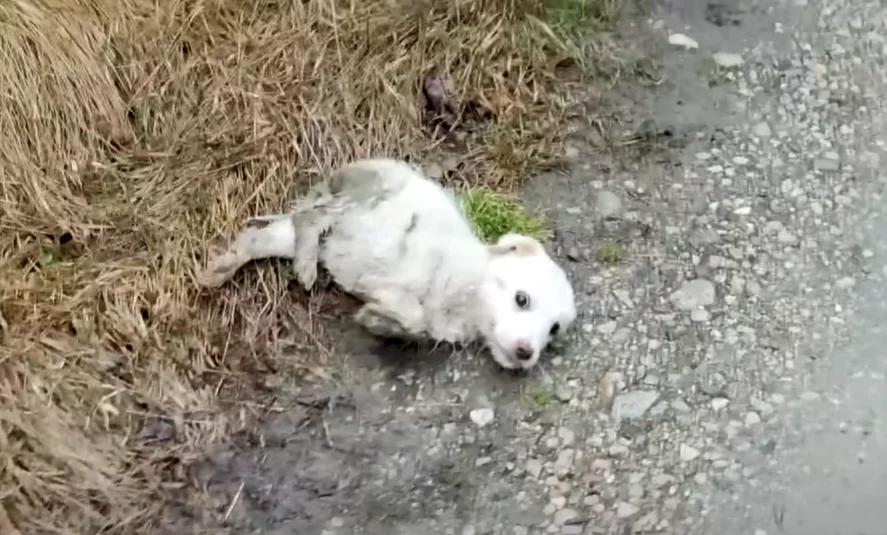Maintaining Your Dog’s Dental Health Without Brushing: Vet-Recommended Alternatives
Regular brushing is the most effective method for removing plaque and preventing tartar buildup on your dog’s teeth. It provides the mechanical cleaning action that other methods can’t fully replicate. However, brushing isn’t always feasible for every dog or owner. If brushing isn’t an option for you, there are alternative methods to support your dog’s dental health.
Please note: the following information is intended as a guide. Consult your veterinarian for personalized advice.
Alternatives to Brushing
1. Dental Chews
Dental chews are designed to help reduce plaque and tartar by providing a mechanical cleaning action as your dog chews. Look for products with the Veterinary Oral Health Council (VOHC) seal, which indicates they have been tested for effectiveness. Choose chews appropriate for your dog’s size and chewing strength to avoid risks like choking or frustration.

2. Chew Toys
Durable rubber chew toys with textured surfaces can help clean your dog’s teeth by scraping off plaque as they chew. Ensure the toy is appropriate for your dog’s chewing style to prevent breakage or ingestion of small parts.

3. Hard Food/Kibble
Some kibble is formulated to have a mild abrasive effect on teeth, which can help dislodge plaque. However, kibble alone is not a substitute for brushing. Specialized dental diets with larger kibble or specific textures may offer additional benefits. Discuss with your vet whether such diets are suitable for your dog.

Supplements and Solutions
1. Dental Wipes
Dental wipes can be a convenient way to help remove plaque and freshen breath. They are usually pre-moistened with cleaning solutions and have a textured surface for better cleaning. Use them gently and gradually introduce them to your dog to avoid stress.

2. Oral Sprays and Gels
Oral sprays and gels contain active ingredients like chlorhexidine or enzymes that help reduce plaque and bacteria. They can be applied directly to your dog’s teeth and gums. Consistency is key for these products to be effective, so use them regularly as a supplement to other dental care methods.

3. Water Additives
Water additives are liquids added to your dog’s water that help reduce plaque and bacteria. They are easy to use but may alter the taste of the water, which could deter some dogs from drinking. Introduce them gradually and monitor your dog’s response.
Natural Options
1. Raw Bones
Raw, meaty bones can help clean teeth, but only if they are suitable for your dog’s size and chewing strength. Cooked bones are dangerous and can cause choking or digestive issues. Supervise bone chewing closely and discard any pieces that become small enough to swallow.

2. Coconut Oil
Coconut oil has antibacterial properties and may help reduce plaque. However, it should not replace brushing. Use it sparingly, as excessive amounts can lead to weight gain or digestive upset.

When Alternatives Aren’t Enough
Professional dental cleanings by a veterinarian are sometimes necessary, especially if your dog shows signs of dental issues despite home care. Look for these signs:
– Persistent bad breath
– Yellow-brown tartar buildup
– Red or inflamed gums
– Difficulty chewing
Veterinary cleanings involve general anesthesia and allow for thorough scaling, polishing, and examination of your dog’s oral health.
Tips for Effective Dental Care
- Start Early
Introduce dental care routines early in your dog’s life to make them accustomed to handling and brushing.
- Breed Considerations
Some breeds are more prone to dental problems. Be especially diligent with breeds known for dental issues and consult your vet for specific care recommendations.
- Diet and Dental Health
Discuss specialized dental diets with your vet. Some kibbles and treats are designed to help with plaque control and can be an effective part of your dog’s dental health routine.
FAQs
Can I use human toothpaste on my dog?
No, human toothpaste contains ingredients like fluoride that are toxic to dogs. Use toothpaste specifically formulated for dogs.
What if my dog dislikes dental chews?
Experiment with different textures, shapes, and flavors to find what your dog prefers. Consult your vet for additional recommendations.
Are water additives safe for sensitive dogs?
Most water additives are safe, but consult your vet if your dog has health issues. Start with a diluted amount to gauge tolerance.
Can dental issues affect my dog’s overall health?
Yes, severe dental disease can lead to systemic health issues, affecting organs like the heart, kidneys, and liver. Good dental hygiene is crucial for overall health.
Maintaining good dental care is essential for your dog’s well-being. Regular check-ups and a combination of at-home care and professional cleanings can help ensure a healthy mouth and a happy dog.




